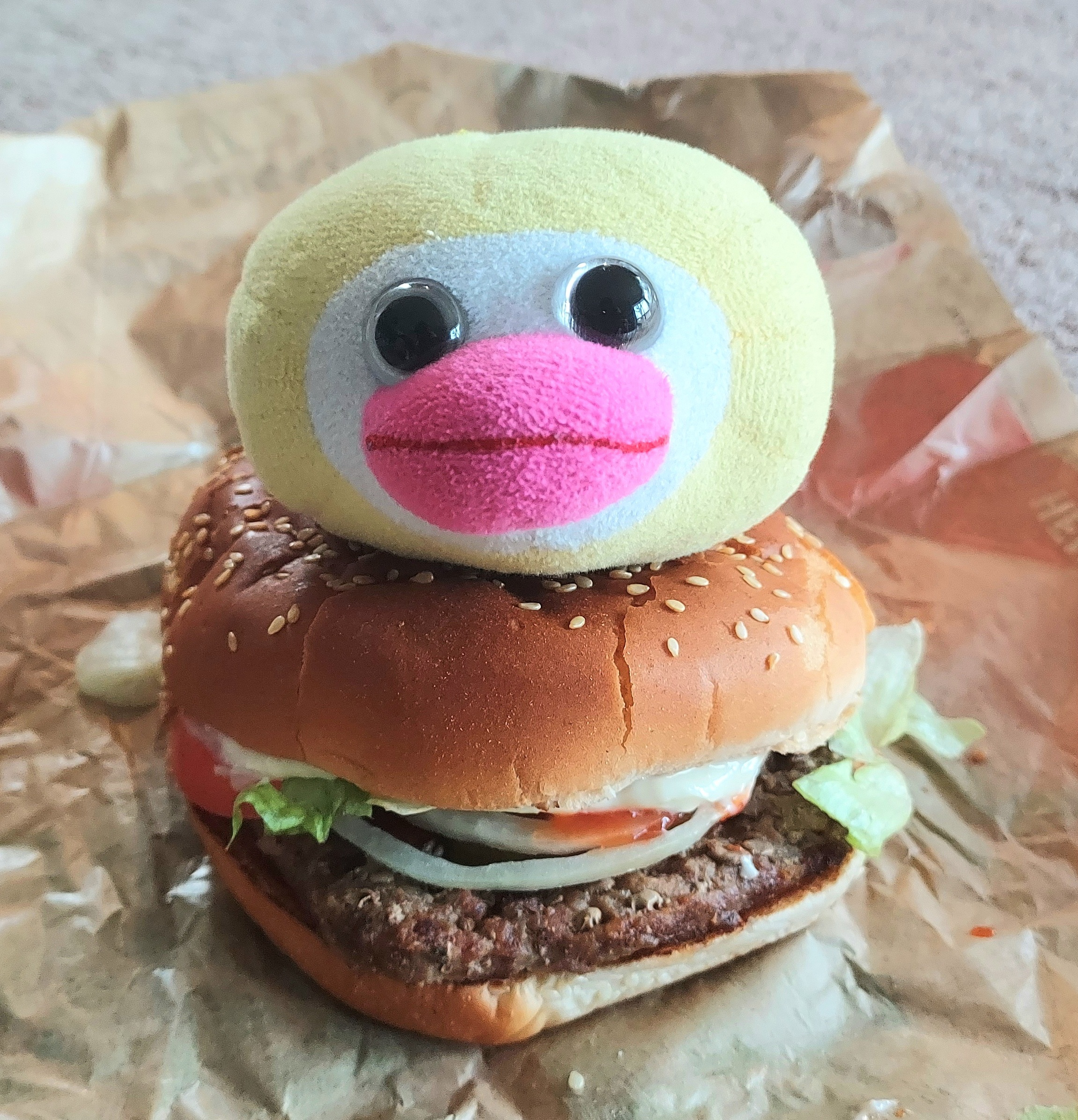When you say something REALLY insensitive or ignorant and they don’t smile or laugh, they just ignore you.
They return the shopping cart even if it’s raining.
My shame tactic is to limp over to an abandoned cart with my cane very visible, then shake my head as I put it in a corral. The amount of gulity faces I see driving away warms my heart just a bit.
Even when they disagree with your opinion, they wait and let you finish making your point fully and completely without interruption.
oh man. I am not good person.
You shut your mouth 👄, haha!:-) /s
We all lie on a spectrum somewhere, surely:-). And we can always improve - it helps to listen to statements such as this that wherever we start from, makes us better people:-).
They show kindness when nobody is watching
Helping someone and asking nothing in return.
They are kind to people who cannot help them.
returning their cart to the cart return
There isn’t one. Goodness is not one thing, and showing compassion or thoughtfulness in one domain is no guarantee that someone isn’t a monster in another.
Though some are more monstrous than others:-).
They apologize in situations when it’s not even a big deal, like walking past someone in the grocery store aisle who’s trying to look at the items on the shelf.
Ah, so Canadian then? J/k… and I’m sorry!? :-P (edit: eh?)
They don’t immediately take to social media to post about their deed or action.
I dunno… isn’t that like breathing air for a Gen-Z person? Good or bad, it must be shared with everyone! 😉😜🤣
I love how to me all these answers are just basic decency, not special.
And yet… how many people actually implement them, in daily life? It would be great though wouldn’t it?:-D
Yep :(.
Though to give credit to people, the average person is stressed and overwhelmed as fuck, and has some pretty deep trauma. We aren’t operating in the sort of system that is naturally designed to promote kindness.
I was literally just thinking about this before reading your comment. It’s a natural cycle though no less damaging as a result of being “natural”.
Even Trump and Musk and Bezos and Zuckerberg are traumatized, and mostly represent symptoms of deeper issues, despite also feeding forward as causes of their own. Though the likes of Putin don’t care about traumatized or not but rather only more or less useful for the cause. So things like “fairness” have little to do with anything.
Maybe this means that we need to forgive them - or maybe it means the opposite I have no clue, but one thing I am becoming certain of: we need to figure out first what the most important question is, before we can begin to answer it. Like, is ranked choice voting to be prized so highly that all else is worth being sacrificed in order to attain it? Both the Alt-Right and the Alt-Left seem to want to destroy democracy, so is that what it would take to save it?
In the meantime, all an average person can do is try to be a decent folk - like returning the grocery cart even when it rains. So many people, including some who voted for Trump, want to do that, and it’s hard but I have to remember that they are my friends, more so than the Alt-Left that is so vocal here yet would really prefer if democracy was no more despite how many people would die in the switch (and switch to what even? straight to some magical utopia? are plans written up for that even or is this a “trust me bro, I got this” kinda situation?).
And it’s even odd to think that the people calling for more “Saint Luigi” literal murders might otherwise be decent people, in other ways. It’s REALLY hard to figure out what the most compassionate stance is!
But it’s amazing to see how much of it comes down to basic decency: all we can really do at the end of the day is take care of what is right in front of us.
Showing kindness or compassion to those weaker or smaller than themselves.
Ie: gentle with small animals
This might be controversial but i think a big barrier to being ‘good’ is being competent. Stupid people hurt each other even if they’re nice.
By your definition, it seems like a gun or knife could be inherently bad, rather than its’ wielder? Or scissors even, though most people would say that the context matters more: e.g. scissors are fine and quite useful tools, depending on the context i.e. in the hands of a child who is running with them they can be “bad”, yet that hardly makes scissors “evil”. ✂️
I would agree with a differently phrased version of that though: people cannot be TRULY good (or evil) unless they have a certain minimum amount of “character”. Like if a cat or dog looked at you grumpily, you may joke about it, but who cares really? (unless it’s a BIG cat like a lion, but even then, while its status may be important to us, we would hardly call it truly “good” or truly “evil”?)
And the same with a computer: like AI may end up killing us all, but do we blame it really, or rather should we blame ourselves for telling it which 1-0 bits to flip, while for itself it really has no clue what it’s even doing… or more importantly, why?
You can’t be truly good unless you at least have a certain capacity to be evil, and vice versa, maybe? So like (as several examples here pointed out) if you return the cart to the cart return area of the store, in the rain, and as people who did not do that drive by you and look abashed/ashamed - they themselves knew that they could have done the same, and they feel the guilt inside their own minds (regardless of external expression of such or not) bc they KNOW that they could have made the same choice, yet decided to do the opposite instead. Perhaps you yourself don’t even judge them harshly… but that doesn’t (fully) matter, as they actually judge themselves that way, and find their own standard of behavior wanting, i.e. they do not live up to what they wished that they would do, and that others would likewise do.
So like scissors, if a dumb person hurts you, then yeah it causes pain, but would we call that truly “evil”, or the reverse of that “good”? Perhaps the jury is still out on that one.



